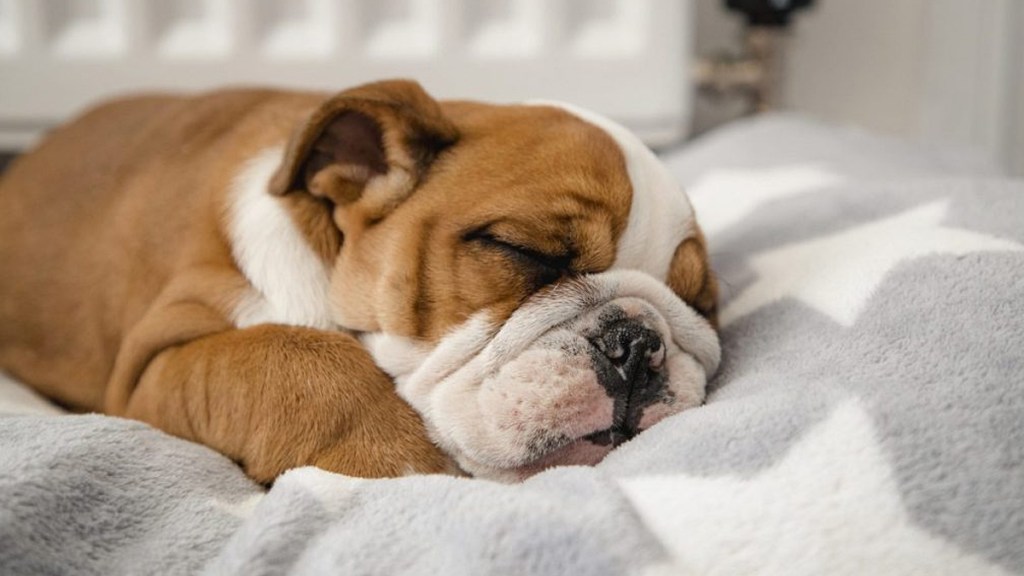Pet owners wondering “Do dogs snore?” and “Is snoring loudly normal for puppies and older dogs?” will find need-to-know information in this guide.
Do dogs snore and is it normal?
Some dogs are snorers by nature, while others aren’t. The question of whether it is a normal thing in dogs depends on a few things. One, your dog’s breed, and two, your dog’s snoring patterns.
Some canines are more prone to be lifelong snorers because of the anatomy of their faces. Dogs who fall under the category of Brachycephalic breeds — that is, dogs with a shorter-than-average snout, such as Pugs, French Bulldogs, Shih Tzus, and Pekingese — tend to breathe heavily while sleeping more than other breeds.
As for patterns, your dog’s loud breathing may be abnormal if it starts out of the blue, despite them not being snorers before.
Should I be worried if my dog snores?
Not necessarily. Sometimes, your dog’s heavy breathing while sleeping may be triggered by something less serious. For instance, an uncomfortable sleeping position. If your pup tends to sleep on their back, their tongue can partially block their throat and slightly obstruct their airway.
Additionally, a dog’s snoring might be due to mild and serious underlying issues such as a respiratory tract infection, allergies, obesity, kennel cough, tumor inside their airway, debris stuck inside the nose or throat, or hypothyroidism.
You should be worried if your dog exhibits other signs of illness on top of the loud breathing while asleep. This includes constant sneezing, coughing, nasal discharge, loss of appetite, and a drop in energy levels. In this case, it’s best to consult your veterinarian.
Do puppies and older dogs snore more?
In most cases, a puppy’s snoring is also triggered by the factors stated above. Therefore, a puppy may be less or more of a snorer, depending on the circumstance.
On the other hand, it’s not unusual for dogs to snore more in their senior years. That’s because their larynx muscles aren’t as tight as they were during their younger years. Experts say loose airway muscles contribute to older dogs breathing more loudly when asleep.









